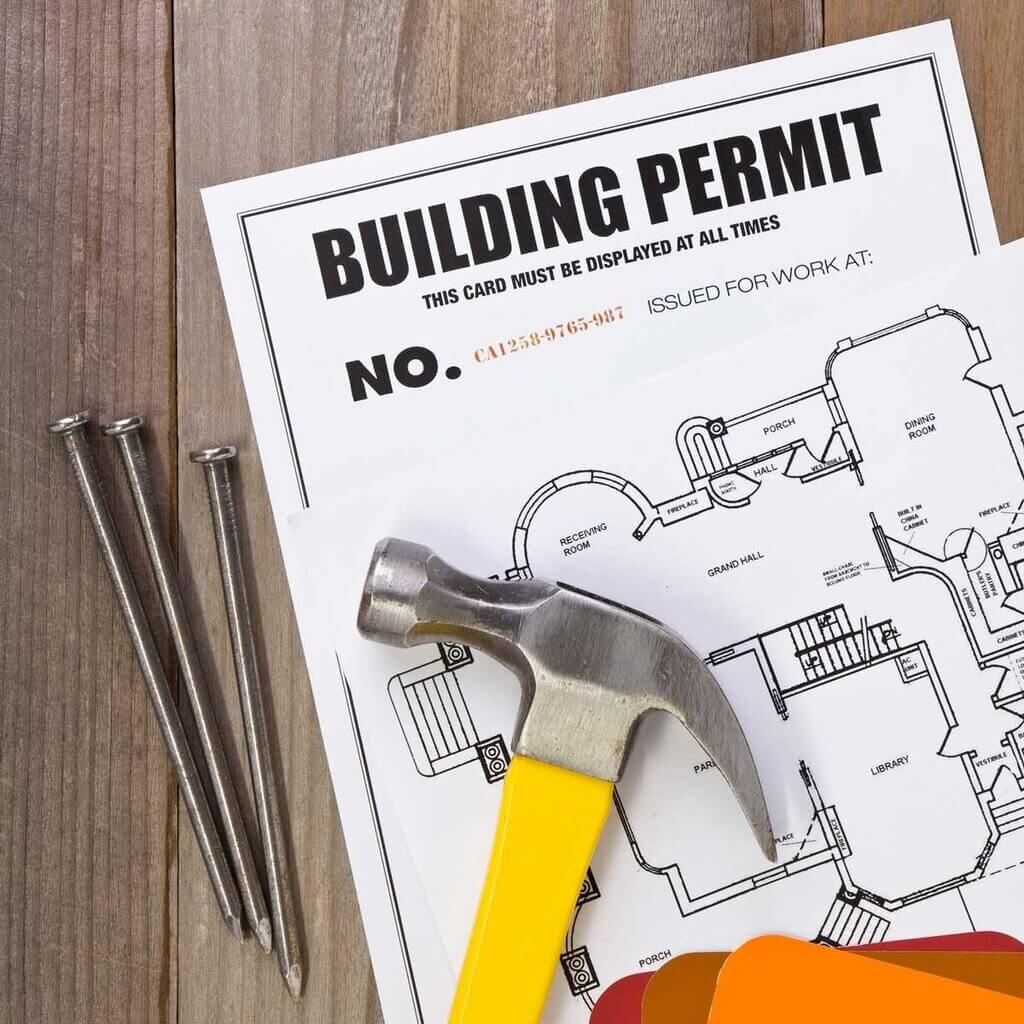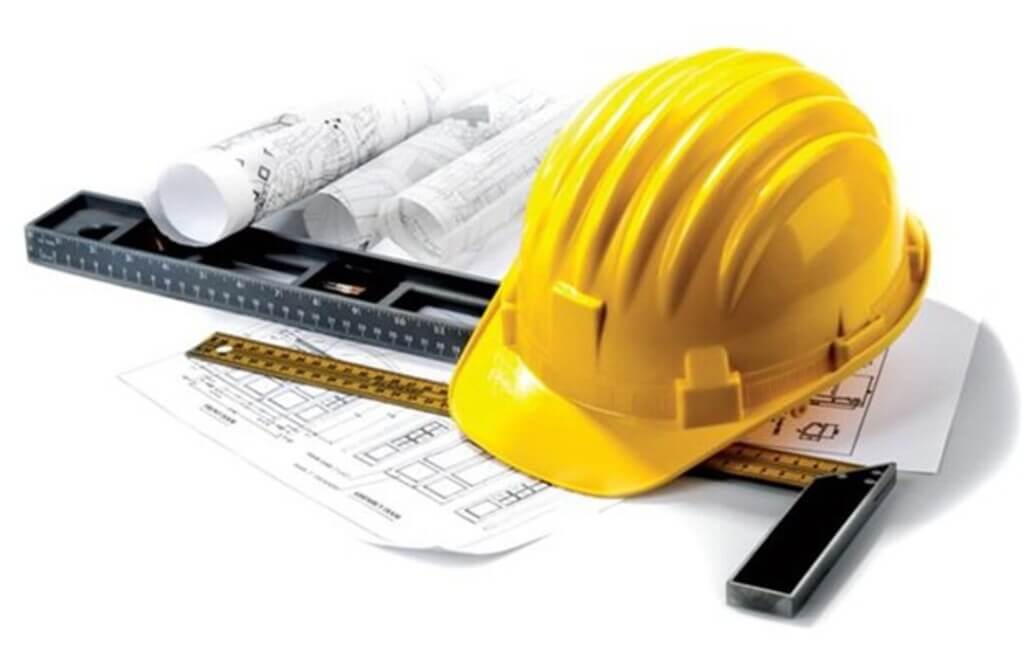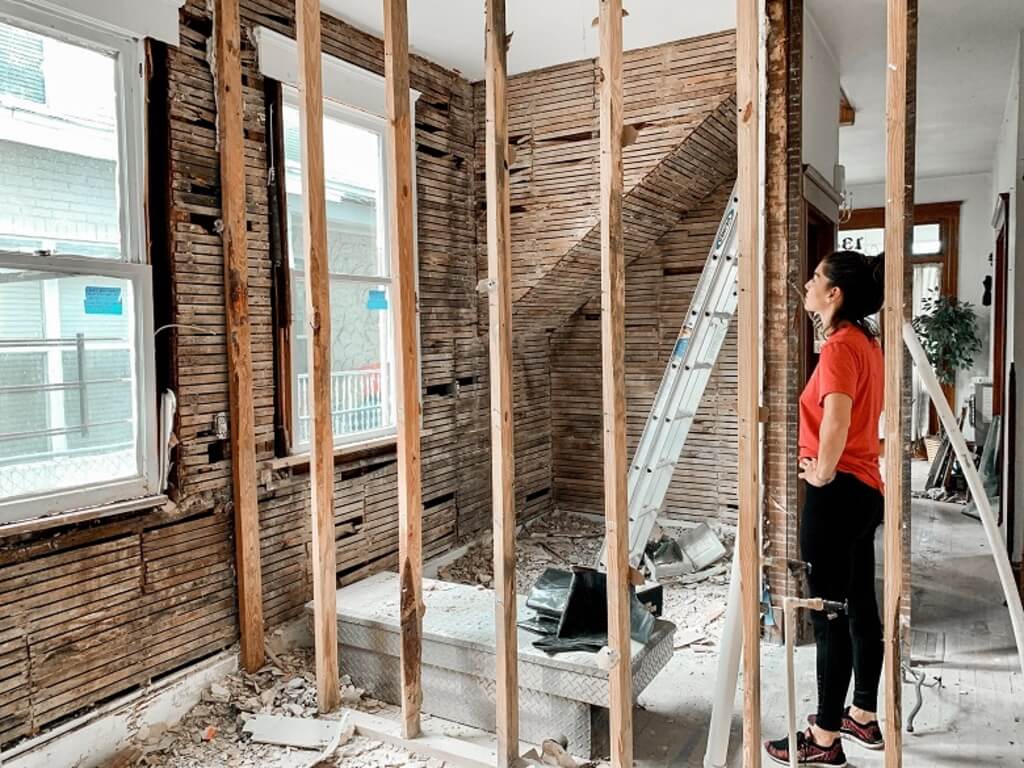You’re probably quite eager to move forward with your home construction project. You’ve likely created the design and decided if you’ll DIY or work with a contractor. With all the time and effort you’re pouring into this renovation, don’t get caught without the most important thing — a home addition permit.
You’ll likely need to get permission from your city or county government anytime you change the structure or function of your home. Additions are designed to add space to your existing lot or building, so they’ll always when do homeowners need a permit for an addition.
Why Do I Need a Permit?

Permits are a way to enforce zoning laws and building regulations. Having a permitted construction project enables inspectors to check out the work being done to make sure it meets specific standards that protect everyone involved.
In a DIY project, inspectors can ensure you’ve done everything correctly and get you help if they find areas of weakness. If you’re using a contractor for the job, your inspector will work hard to make sure the crew isn’t skipping steps and delivering shoddy work.
Who Should Apply for the Permit?

Anyone can apply for a home addition permit, but whoever it is will be responsible for the work done on the home. Pulling your own means any penalties or responsibilities will fall on you. However, you can often save money this way by not paying a contractor fee.
On the other hand, contractors typically have relationships with local government and can sometimes move the process along more quickly.
How Can I Get One?

Permits are essential, but the application process can be a bit of a bear. That is one reason why having a general contractor can be very helpful. They have the necessary experience to know what types of plans the city or county will need.
You’ll need to file paperwork and a site plan to get a permit, which can include:
- Renderings of your lot
- Floor plans of your home
- Architectural drawings of your proposed expansion
- A detailed account of how your project will comply with any special building regulations
Almost everyone who begins construction without a permit thinks they’ll be the ones that won’t get caught, which is a dangerous line of thought. Eventually, someone will probably find out. Neighbors may report unpermitted construction, or it could come up during the home sale.
In retrospect, a home addition permit will seem like a much easier choice if you end up with any of these possible consequences.
Poor-Quality Work
Without a permit, you won’t have the confidence that consistent inspections bring. A quality assurance schedule provides a means of checks and balances to protect home owners from poor-quality craftsmanship and unsafe building practices. You should seriously consider hiring someone else if you’re working with a contractor that recommends not getting a permit.
Voided House Insurance
Home insurance companies will look for any little reason not to pay, and they’d be well within their rights not to pay a claim for an accident caused by unpermitted construction. A house fire caused by unapproved wiring or a flood from uninspected plumbing would void your home insurance, and you’d be forced to pay for all the repairs out of pocket.
Wasted Time
You’ll have to halt further work if you’re caught without a permit during construction. You then need to submit an application and the appropriate paperwork. You’ll also need to wait the same amount of time or longer than if you’d just gotten it done in the first place. Plus, you’ll probably need to pay your construction crew during the delay.
Extra Costs
Sometimes unpermitted additions are discovered after the fact. You’ll likely have to pay hefty fines in those cases. Also, an inspector will see if everything is up to code. You’ll need to tear everything down and start over if it isn’t. An expansion that does pass inspection still needs a permit, so you’d need to apply for a retroactive one, which is usually considerably more expensive than an initial one.
Problems in Resale
One of the requirements, when you want to sell your home, is to list any unpermitted additions. You can’t include any unapproved square footage in your listing, and most buyers won’t want to move forward with purchasing a home with unknown building quality. You can either sell the house “as is” or get retroactive permits. If you try to sell the home without disclosing unpermitted work, you’d be legally liable for any mishaps, and the new homeowners could sue you down the road.
Permits Are There to Protect You

Permits exist to protect you and your assets. They may feel like an annoyance and a waste of time, but getting properly permitted tends to save you time and money in the long run.
An additional room or a deck requires permits. Call your county or city to ask if you aren’t sure if your project counts as an addition. It’s far better to play it safe than to regret it later.
Discover more:–

